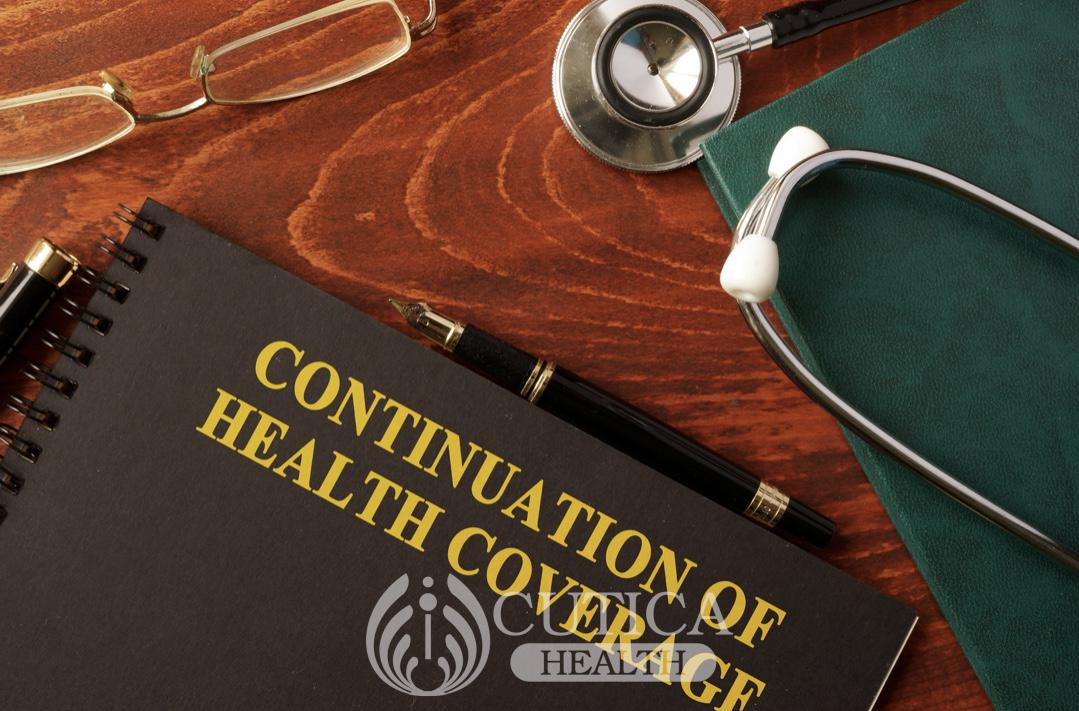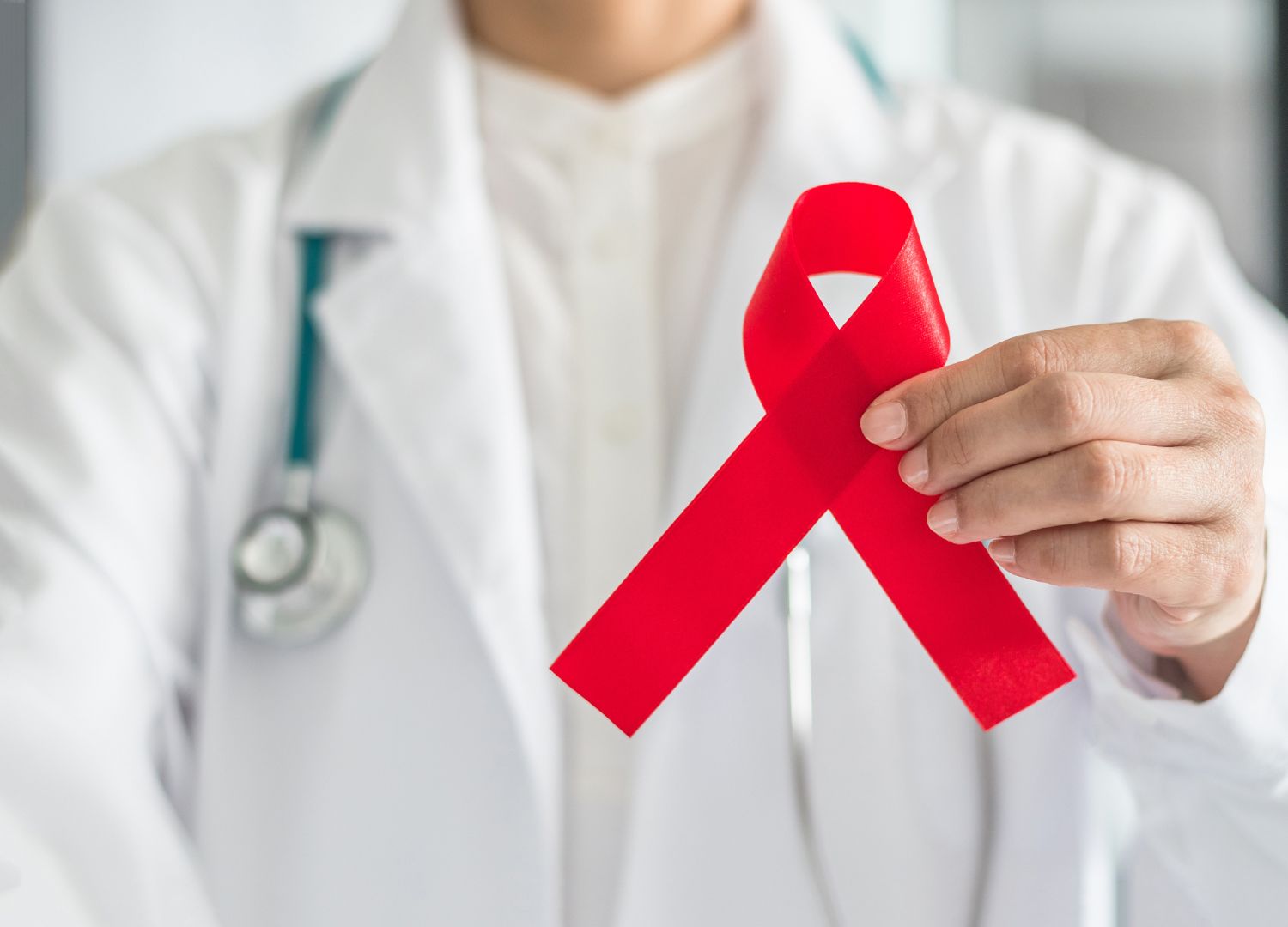
Sub-Saharan Africa has its “unfair” share of problems, prominent among which is the heavy burden of disease. Health for sub-Saharan Africans therefore tops the list of priorities anytime. Since health, according to the World Health Organization, is not merely the absence of disease or infirmity, but a state of complete physical, mental, and social well-being, the logical consequence of universal health coverage for sub-Saharan Africa is that everyone living in sub-Saharan Africa will have access to health and healthcare from birth without robbing a bank! This is the entire essence of universal health coverage for sub-Saharan Africa.
Is Achieving Universal Health Coverage a Possibility or a Mirage?
Achieving universal health coverage is indeed possible once we take the major barrier of financial inequality off the way. Since money doesn’t grow on trees, for any initiative to be worthwhile, it must be sustainable. This shows the importance of financing universal health coverage through insurance. In essence, you or your employer deducts a certain sum regularly which goes into the universal pool of funds so you don’t go bankrupt to settle hospital bills when you fall ill.
Universal health coverage means all people of all ages have access to the health services they need, when they need it, and where they need it, without financial hardship. Achieving this remains a mirage to many sub-Saharan Africans and will unfortunately remain so given the level of poverty in sub-Saharan Africa. However, in order to reverse the gloomy picture, achieving universal health coverage is enshrined in the World Health Organization’s 2030 agenda, sustainable development goal 3, which is to “ensure healthy lives and promote well-being for all at all ages.”

Universal health coverage covers a full range of “essential health services.” These services range from health promotion to rehabilitation and from disease prevention through treatment to palliative care. It potentially represents the last hope to make healthcare accessible to sub-Saharan Africa’s teeming populations, staggering under the weight of ignorance, poverty and diseases.
What are the barriers to universal health coverage in sub-Saharan Africa? Though sound in principle, universal health coverage for sub-Saharan Africa is plagued by multiple challenges.

*Too man people live in abject poverty, making it impossible to pay premiums to effectively secure or sustain the universal health coverage.
*Too many uninsured and practically uninsurable because they belong to the little-regulated but very large informal sector.
*Too many neglected communities lacking primary care facilities, maybe because they lack a political voice
*Too many segmentations in the health insurance fund pool, resulting in poor harnessing of funds
*Too little revenue in the common pool
*Too inefficient revenue administration
*Too little attention to teeming rural dwellers

These challenges have marred implementation of universal health coverage across Africa, and it is time for African leaders to begin to rethink health administration and find ways to change these narratives to ensure healthcare is available, accessible, and affordable for all.












